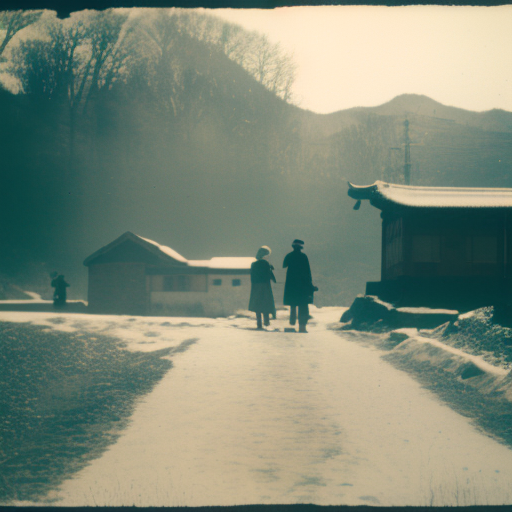Summary: UN Retreat from North Korea
The UN retreat from North Korea refers to the withdrawal of United Nations forces from North Korea during the Korean War. After the successful landing at Inchon and the subsequent recapture of Seoul, the UN forces, led by General Douglas MacArthur, pushed deep into North Korea. However, the tide of the war turned when China intervened and launched a massive counteroffensive, pushing the UN forces back to the 38th parallel.
The Chinese Intervention
In late October 1950, the Chinese People’s Volunteer Army, under the leadership of General Peng Dehuai, launched a surprise attack on the UN forces. The Chinese intervention caught the UN forces off guard, and they faced overwhelming numbers and fierce resistance. The Chinese forces pushed the UN forces back, inflicting heavy casualties and forcing them to retreat.
The UN Retreat
The UN forces faced significant challenges during their retreat from North Korea. Harsh winter weather, rugged terrain, and constant Chinese attacks made the retreat difficult and costly. The UN forces had to abandon much of their heavy equipment and rely on air support for evacuation. The retreat became a desperate struggle for survival, with soldiers enduring freezing temperatures and constant enemy harassment.
Pyongyang Evacuation
One of the most significant events during the UN retreat was the evacuation of Pyongyang, the capital of North Korea. As the Chinese forces closed in on the city, the UN forces had no choice but to abandon it. The evacuation of Pyongyang was chaotic and disorganized, with UN forces leaving behind valuable supplies and equipment. The fall of Pyongyang marked a significant turning point in the war and a major setback for the UN forces.
Stabilizing the Frontline
After the retreat, the UN forces focused on stabilizing the frontline and regrouping their troops. General Matthew Ridgway took command of the Eighth Army and implemented new strategies to counter the Chinese offensive. The UN forces established defensive positions along the 38th parallel and prepared for a protracted war of attrition.
Impact and Legacy
The UN retreat from North Korea had significant consequences for the Korean War. It marked a shift in the balance of power and demonstrated China’s determination to defend its borders. The retreat also highlighted the limitations of the UN forces and their inability to achieve a decisive victory. The Korean War would continue for several more years, resulting in a stalemate and the eventual signing of an armistice in 1953.
Conclusion
The UN retreat from North Korea was a challenging and costly episode during the Korean War. The Chinese intervention and subsequent counteroffensive pushed the UN forces back, forcing them to retreat from their positions in North Korea. The retreat was marked by harsh winter conditions, rugged terrain, and constant enemy attacks. The fall of Pyongyang and the subsequent stabilization of the frontline had a significant impact on the course of the war. The retreat highlighted the limitations of the UN forces and set the stage for a protracted conflict that would eventually end in a stalemate.












